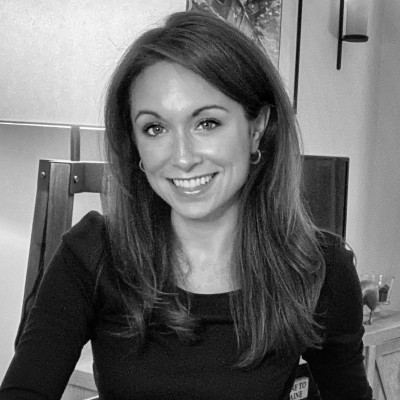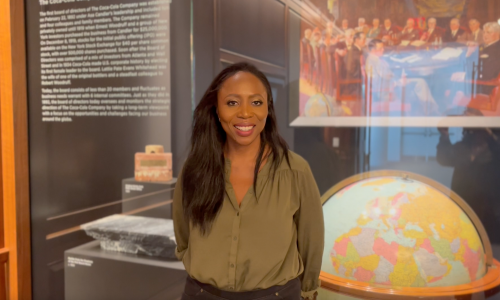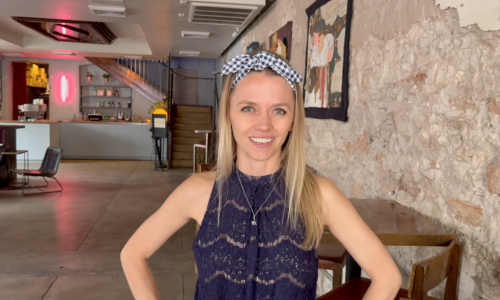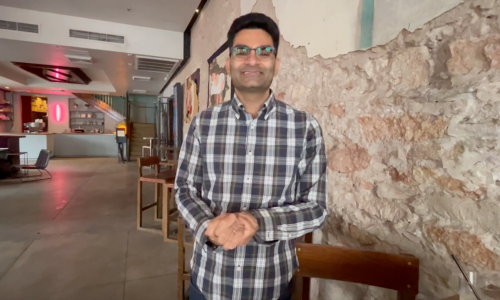Whether you’ve tried the products or not, you’ve very likely seen Loverboy before. It may have been at your local retailer or on Bravo’s wildly popular TV series “Summer House” where the colorful canned beverages are a staple on the show.
Loverboy’s sparkling hard teas and premium canned cocktails have gone from five to 150 distributors in a single year and managed to outsell Bud Light Seltzer and Corona Seltzer even amid a pandemic.
But what you may not know is that the brand’s seemingly overnight success story is not solely attributed to its reality TV fame, but rather how it’s being built: thoughtfully and intentionally.
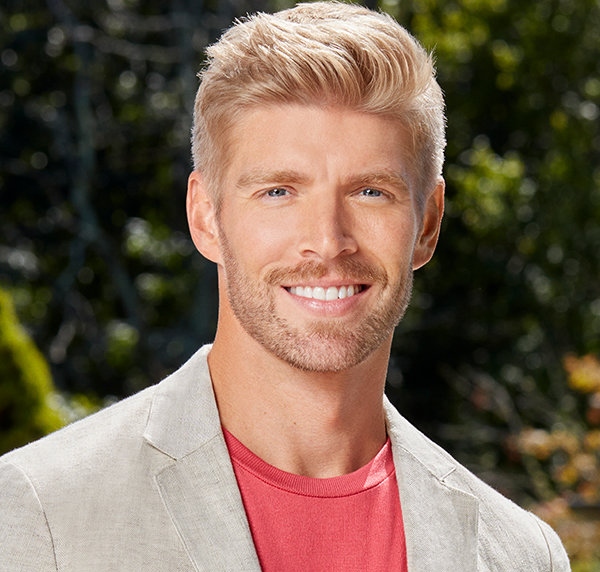
We caught up with Loverboy’s founder Kyle Cooke to learn more about how he’s capitalized on an organic marketing strategy, where he sees the omnichannel lifestyle brand in the next 3-5 years, and more.
ForceBrands: How did your entrepreneurial journey start? What inspired you to launch Loverboy?
Kyle Cooke: I’ve always been very entrepreneurial. My first entrepreneurial endeavor was selling cutlery when I was 18. In college, I ran a contracting business painting houses. I then worked in a variety of industries (healthcare, insurance, and real estate), primarily on the startup side. In between, I got my MBA at Babson, which was an amazing opportunity to build some business acumen in the classroom.
As an entrepreneur, you have to trust your gut and acknowledge that sometimes you’re going to be wrong. You have to be ready to take a loss and move on, and stay driven and motivated through that. There were some startups I worked on that never saw the light of day. When the opportunity to be on Bravo’s “Summer House” came about in 2017, I was working on a nutrition coaching app that I thought would align well with Bravo’s audience. The irony was that eating and drinking well was the last thing on our minds in the Summer House so it became counterintuitive to try and integrate it into the show. Ultimately, what did resonate with Bravo’s audience was the products we were drinking. Loverboy was inspired by my interest in nutrition and a desire to create a better-for-you drink that tastes great. Our brand’s ethos is all about enjoying life’s best moments and having fun (something we were already doing on “Summer House”), which is prevalent throughout all our products, merch, and branding you see online and in-stores today.
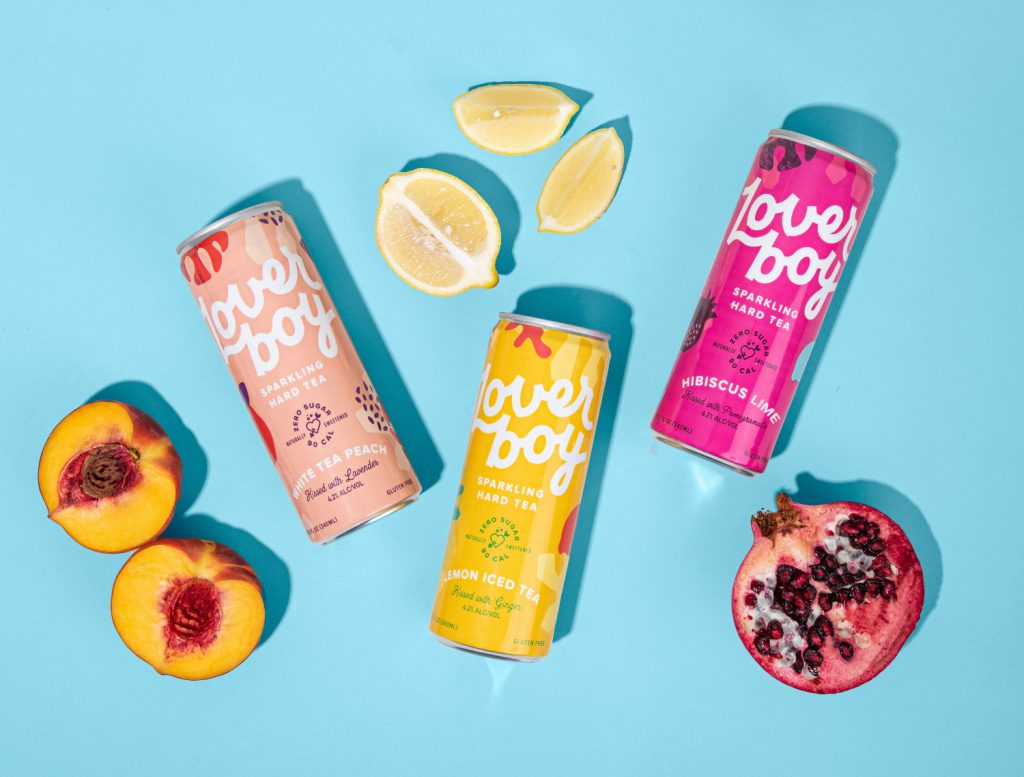
FB: Tell us about your flagship product and what makes it stand out in the market?
KC: When Loverboy launched in 2019 with its flagship hard tea product, there were only a handful of hard seltzer options available in the marketplace. They all tasted similar and lacked real flavor, ingredients, and personality. Meanwhile, hard teas at the time were malt-based and packed with excessive amounts of sugar and calories. With this insight, we started thinking about how we could upgrade the traditional hard seltzer – and that was through tea. We knew that Twisted Tea was a popular option among a different consumer segment, and we saw a huge market opportunity in this category knowing it was 20 years behind on innovation. The hard tea category is now growing more rapidly than seltzers, so we were able to capitalize on this in developing our hero product — Loverboy’s Sparking Hard Tea. This flagship product boasts bold flavors made with organic brewed tea, real juices, and monk fruit as a natural sweetener, which many hard seltzers and teas don’t use and is a true differentiator for us.
FB: You initially launched Loverboy in traditional distribution channels and then more recently introduced a few DTC products. Now, you’re a true omnichannel brand. How has this affected your growth? Where have you found the most success?
KC: We knew Loverboy would have instantaneous awareness being featured on the show because it’s memorable and colorful. As the company began to grow and scale, we knew it was imperative to open up our distribution channels not only to reach new consumer audiences but also to ensure we were readily available in markets that were widely popular with our “Summer House” audience. Ultimately, I believe that an omnichannel strategy is imperative to be a successful consumer brand. We launched a wine product that elevated our brand — a zero-added sugar spritz with real juices and pureés. That allowed us to have a direct relationship with our consumers, which is very unique in alcohol. In 2021, we processed over 80,000 DTC orders in all 50 states, thanks to our merchandise (there are still five states that don’t allow DTC wine). It’s no surprise that our flagship product — our hard teas — accounted for 75 percent of sales in 2021, but we’ve found great success in our merch.
FB: Loverboy has become synonymous with Bravo’s popular TV series “Summer House” and “Winter House.” How has the opportunity to have the products featured on the show shaped the brand?
KC: We leveraged the platform as an organic storytelling opportunity. That has been the core of our marketing strategy — to integrate the product as much as possible in the show. As a result, brand awareness around Loverboy has developed rapidly and organically.
We are a complete outlier in our space in that we’re profitable and haven’t had to spend a penny on marketing. It’s a true testament to the power of the brand and its integration with the show. We’re a digital-first alcohol supplier. Not many brands can say that.
FB: Describe your distribution strategy. How are you building a best-in-class national network? How does your approach compare to traditional craft beer?
KC: Early on, I partnered with a friend who had his own brewery and asked him to be our COO. We knew that if our flagship product was going to be taxed and distributed as a beer, we needed someone who was familiar with the three-tier system. His mantra was very much the mantra of craft: go an inch wide and a mile deep. Meaning, own your local market first before you invest in the sales and marketing to open up a new one. Upon launch, we decided to build momentum in three markets so we could have more meaningful, substantial conversations with larger distributors. And we wanted to have leverage. Fortunately, we had a product that didn’t need the sales and marketing investment typically required to generate pull, and we knew we had an organic success on our hands because we were outselling most of the top 10 hard seltzers in those markets. Distributors and retailers across the country caught wind of this and by April 2020, we maxed out at our copacker. We were unable to keep pace with demand. With our supply chain finally locked down and our distribution plans in place to have our teas widely available across the U.S. by this March, it’s been a wild race building a best-in-class distribution network with partners that truly value the Loverboy brand and are committed to our brand’s success.
FB: How are you approaching hiring and team building to consciously connect with your target audience?
KC: Ideally, we always want Loverboy’s team to be at least 50 percent female to reflect our consumer base. Regardless of the products we’re trying to sell, we need more women in positions of influence in alcohol — a very male-dominated industry. Women are oftentimes the target consumer and this industry has long struggled to understand and relate to its consumers because the three-tier system inherently stifles that.
There’s so much staying power among the big suppliers and their influence over distributors that consumers don’t always win, especially since it’s a male-dominated industry. We want to change that. One of the ways we’re doing that is to make sure we have women involved in all aspects of our company, from innovation to branding to marketing, starting with my wife Amanda, our Creative Director.
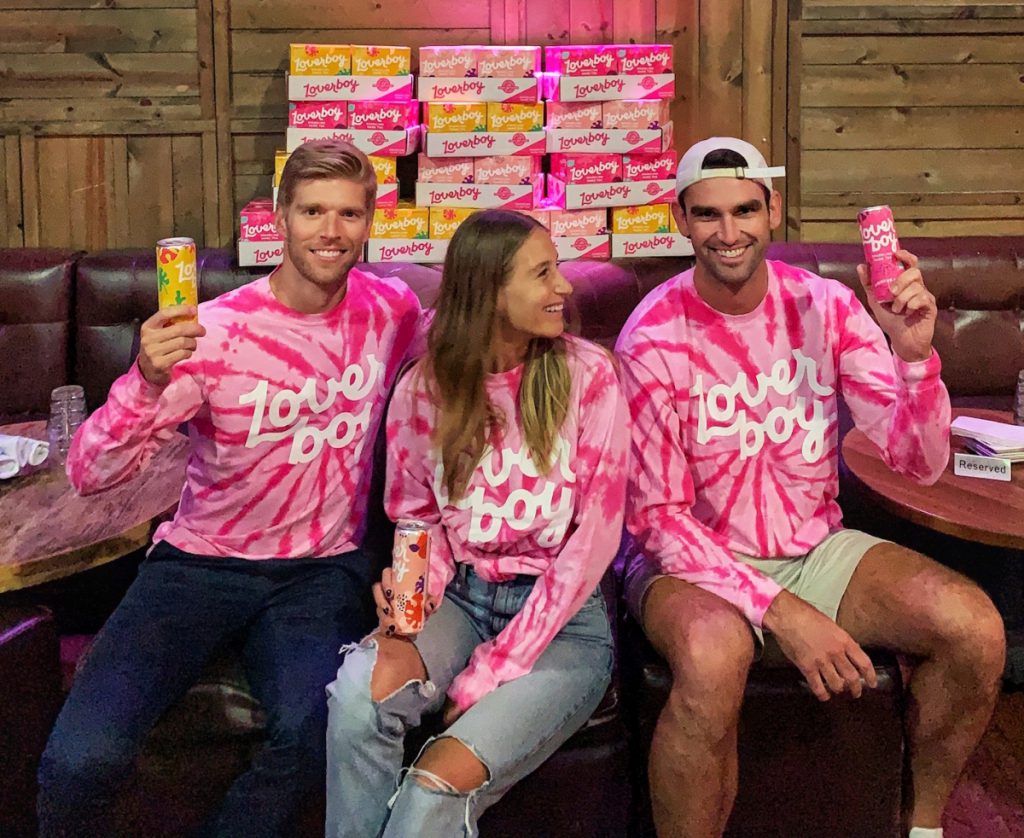
FB: What qualities do you look for in those first key strategic hires?
KC: Because this is a startup and people will get unparalleled access to strategy and the opportunity to leave their own fingerprint on the brand and its success, we’re looking for driven, motivated people who know how to take initiative and be proactive instead of reactive. We’re writing our own playbook; we’re learning by doing. That takes a certain type of person and skill set. Everyone on the Loverboy team also embodies the spirit of the brand, which has been instrumental to Loverboy’s success since its inception.
FB: What’s the long-term vision of Loverboy? Do you plan to exit?
KC: We were approached by almost every big beer supplier in 2020. The fact we were outpacing Bud Light Seltzer and Corona Seltzer in their $140MM marketing launch caught the attention of just about everybody. We chose not to sell and not to take a strategic investment. We want to make sure we have the flexibility and all the options to do whatever we think is best for the brand. Our long-term vision is to make Loverboy a household name that’s synonymous with better quality ingredients and better-for-you products that are fun and flavorful in the alcohol category.
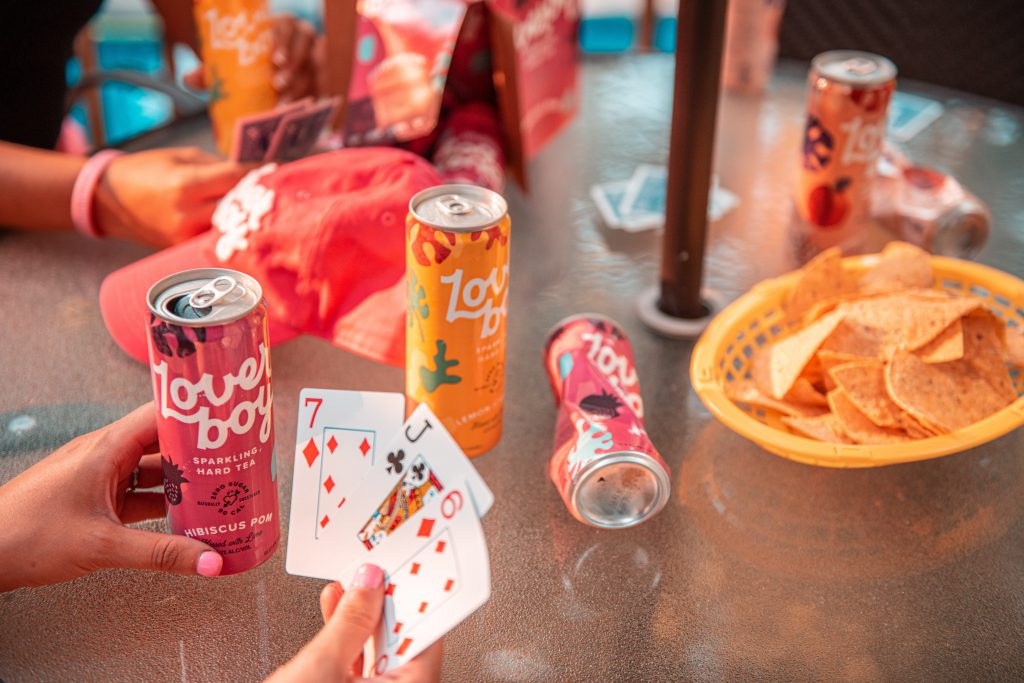
FB: What excites you most about the next 3-5 years?
KC: What’s really exciting right now is that because of the Internet, TV, and social platforms, small brands have an opportunity to compete with the big suppliers. There’s an opportunity for brands like Loverboy to go nationwide and steal market share from the bigger players or grow the market category. As a result, there will be an increase in the number of startups that will have the ability to gain more traction, more innovation, and more wins for the consumer.
Any time you have competition, that’s a healthy environment. And for a long time, the bigger players prevented competition. I’m excited about continuing to innovate and to set trends.
We can move faster than the bigger players and can test ideas with our DTC platform. We can continue to be the ones that are leading and setting the new industry standard.
